Nature is full of surprises, and not all flying animals have wings!
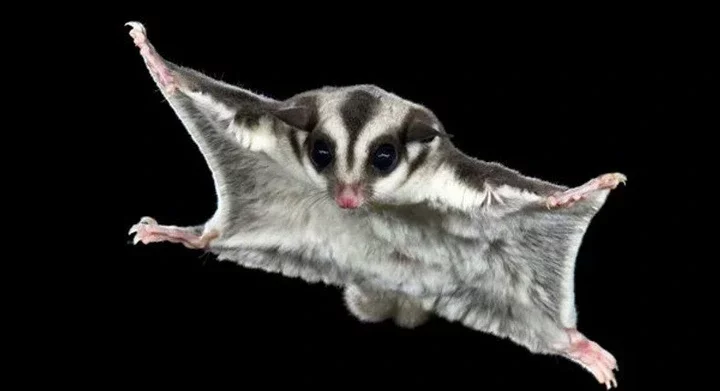
When we think of flying animals, birds like eagles and parrots or insects like butterflies come to mind.
However, there are many creatures that have developed ways to glide or soar through the air to escape predators, find food, or move from one place to another. These flying animals may not look like your typical flyers, but their ability to glide is just as impressive as the flight of birds.
These creatures have adapted in remarkable ways to make the most of their environments. Some can glide from tree to tree, while others can even "fly" underwater. Let's take a closer look at these fascinating flying animals.
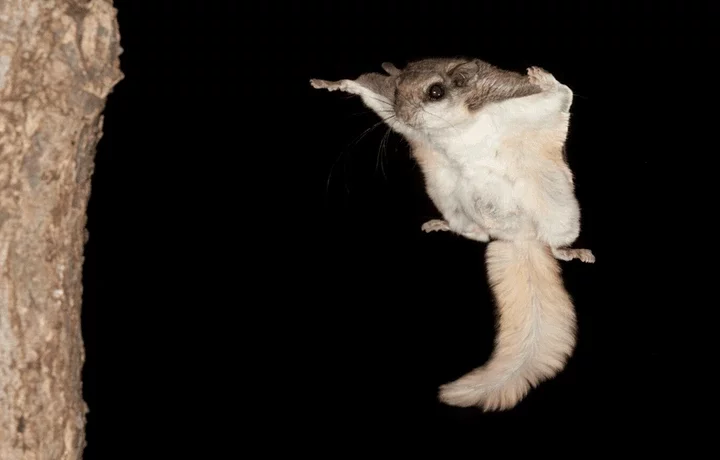
Flying squirrels don't actually "fly" in the traditional sense, but they are excellent gliders. These small, nocturnal creatures have a special membrane called a patagium that stretches between their front and back legs. When they leap from a tree, this membrane allows them to glide through the air for distances of up to 300 feet. Flying squirrels use this ability to move between trees while avoiding ground-based predators like foxes or snakes.
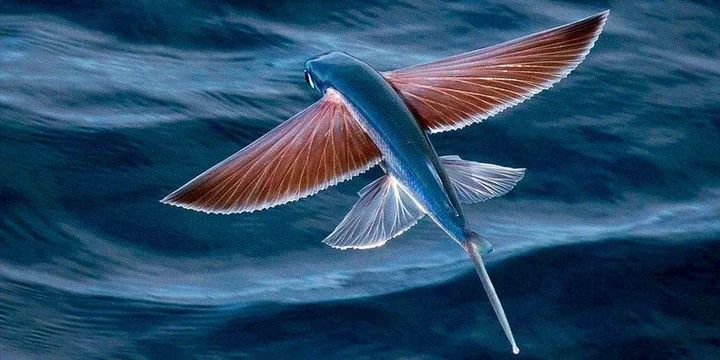
Yes, fish can fly. Flying fish are found in the ocean and can leap out of the water to escape predators. Once they're in the air, they spread their long, wing-like fins and glide over the water's surface, sometimes for hundreds of feet. This behaviour helps them avoid threats such as larger fish or predators like dolphins. Flying fish are known for their impressive ability to soar just above the waterline, making them one of the most fascinating creatures of the sea.
Draco lizards, also known as flying dragons, are small reptiles that can glide from tree to tree in the forests of Southeast Asia. They have elongated ribs that support flaps of skin, which they can spread out to form "wings." This allows them to glide for short distances when they jump from high places. By gliding, Draco lizards can quickly escape predators or move around to find food without having to descend to the ground.
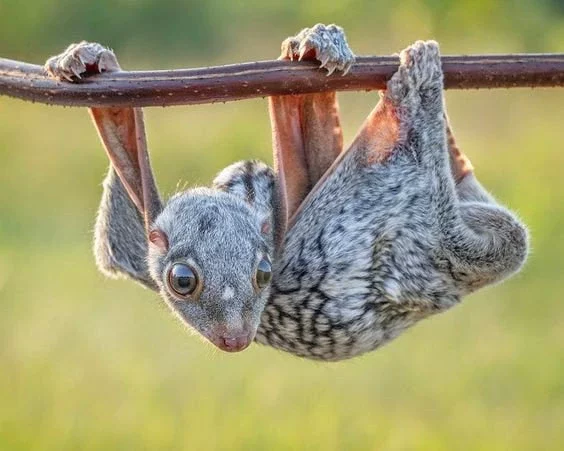
Colugos, also called flying lemurs, are gliding mammals found in Southeast Asia. Despite their nickname, they are not true lemurs. Colugos have large flaps of skin that extend between their limbs and tails, allowing them to glide long distances between trees-sometimes as far as 450 feet! This gliding ability helps them find food high up in the treetops and avoid predators that roam on the ground.
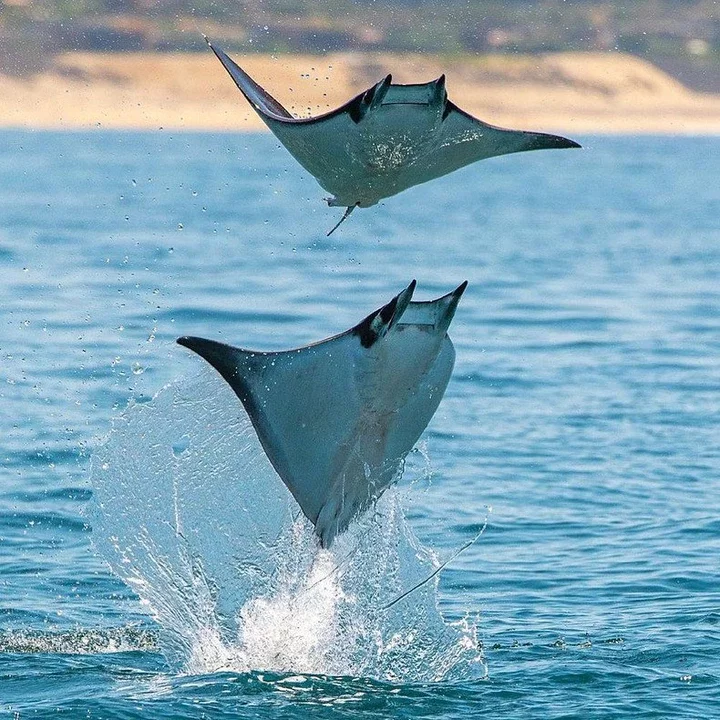
Also known as flying rays, mobula rays are large sea creatures that can leap out of the water, sometimes as high as six feet into the air. These spectacular jumps often amaze onlookers and can be seen in groups of rays performing the behaviour together. While no one knows for sure why they leap, scientists believe it may be a way to communicate, attract mates, or shake off parasites. Their ability to "fly" out of the water makes them a truly unique ocean dweller.


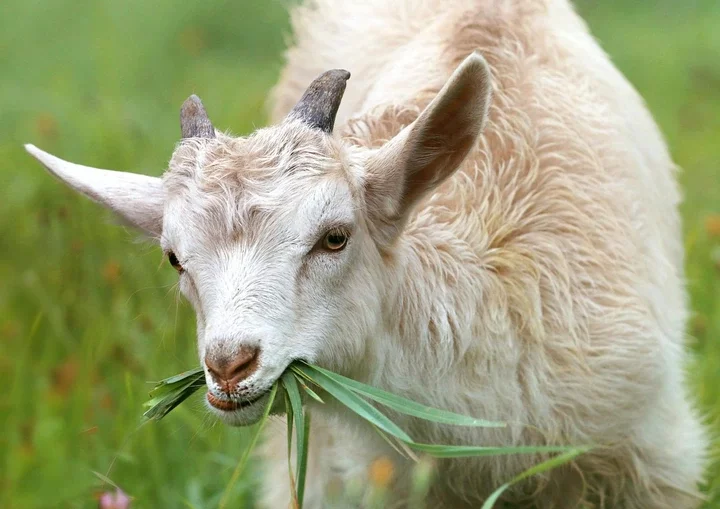

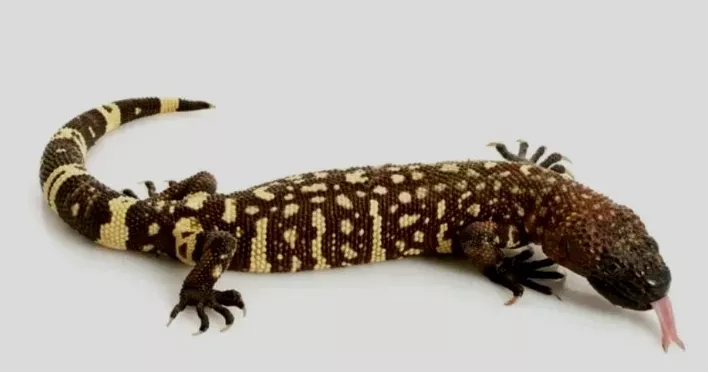












Comments